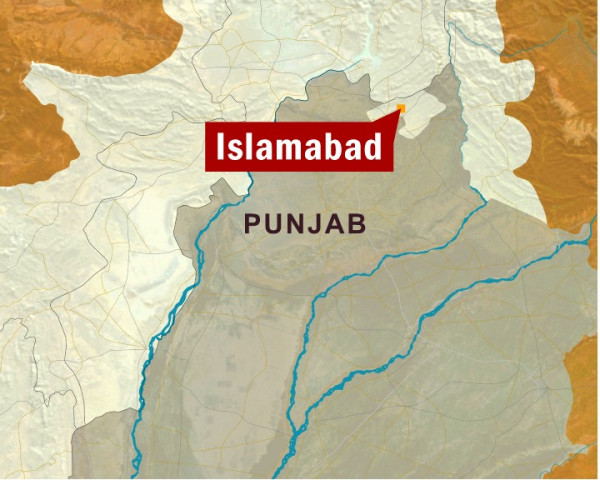Relaxation in bidding rules for power plants disallowed

Relaxation in bidding rules for power plants disallowed
The Economic Coordination Committee (ECC) of the cabinet approved only in principle the idea of setting up fast-track power plants to generate 5,000 megawatts of electricity during 2011-12. In a welcome move, it linked the proposal with a broader policy framework that puts emphasis on transparency and adherence to public procurement rules.
“Transparency will be ensured at all costs,” Finance Secretary Salman Siddique told reporters in a briefing on the ECC meeting, which was chaired by Finance Minister Dr Hafeez Shaikh.
“The principle of propriety and the parameters laid down in the General Finance Rules and Public Procurement Rules such as transparency, competitiveness, most economical and cost-effective would be met before setting up any plant,” he added.
He said that the majority of the ECC members were in favour of upfront tariff determination, instead of authorising the ministry to negotiate tariff with each investor on a case-to-case basis.
The ministry wanted the ECC to relax the international competitive bidding procedure so that it could negotiate “deals” with investors on its own terms and conditions. The ECC’s decision would compel the ministry to adhere to transparency. The ministry, led by Raja Pervez Ashraf, has been at the centre of allegations of financial impropriety in concluding the rental power plant deals.
The ECC endorsed the ministerial committee on sugar’s decision of increasing sugar prices at the utility stores. It pegged the per kg rate at Rs55 for Ramazan, a 22.3 per cent increase over the existing rates.
At the same time, the ECC showed its concern over increase in the prices of goods and services.
The ECC endorsed the ministerial panel’s decision that the TCP should import 375,000 metric tons of sugar as early as possible. It directed the finance ministry to provide foreign exchange to the TCP for the import. The finance secretary defended the decision of entrusting the task of sugar import again to the TCP after expressing no-confidence in its performance in the last ECC meeting.
“There is no other institution that could import the commodity and the government has to rely on the TCP for the import”. The ministerial panel had found that the TCP was responsible in delaying 1.2 million metric tons of sugar till June, which had created panic in the market before the advent of Ramazan.
It directed the committee to address the grievances of the private sector and urged it to import the commodity. It also seconded the decision of giving 100,000 metric tons of sugar to the provinces on cash, which would not only improve the supply but also ease the financial constraints of the TCP.
The ECC did not approve the ministerial committee’s decision to import 500,000 metric tons of raw sugar duty free before November 30. It directed the committee to talk to sugar mills owners and get their firm commitments, as the private sector was not coming up to share the government burden.
The ministerial committee assured the ECC that sugar stocks were sufficient for three months and there was no need to panic. It said the stocks stood at 1.17 million metric tons.
The ECC did not approve a petroleum ministry proposal of de-regulating petrol and kerosene oil prices, giving the oil refineries authority to determine their rates on a monthly basis.
The ECC directed the ministry to rework the proposal and present comprehensive summary, clearly stating its impact on consumers. “The proposal lacks the important part, which is the decision’s implications for the consumers”.
The ECC deferred a summary of the ministry of information technology, seeking approval of international call settlement rates. The ministry has sought the details of how much money would be given to Universal Support Fund, the beneficiary of call termination rates. The current international call termination charges are 10.2 cents per minute.
Published in The Express Tribune, July 30th, 2010.



















COMMENTS
Comments are moderated and generally will be posted if they are on-topic and not abusive.
For more information, please see our Comments FAQ